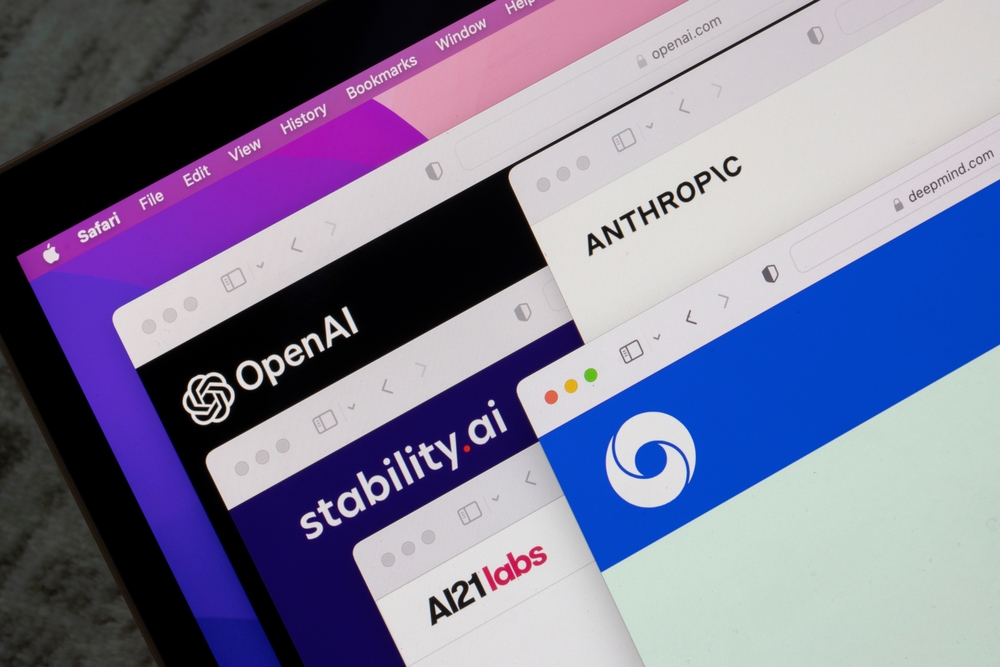Editorial credit: Tada Images / Shutterstock.com
Updated: LexisNexis announced Wednesday that Lexis+ AI, its generative artificial intelligence platform, will become available to 100,000 second- and third-year law and master of laws students at ABA-accredited law schools during the upcoming spring semester.
The rollout follows a test run in the fall during which 450 law school librarians, legal research and writing instructors and legal technology professors were given access to the platform, which supports conversational search, intelligent legal drafting, insightful summarization and document analysis.
“It’s a win-win that helps the next generation of lawyers prepare to practice by honing their skills using Lexis+ AI,” said Sean Fitzpatrick, the CEO of LexisNexis North America, the U.K. and Ireland, in a statement. “At the same time, law school faculty and student feedback is critically important to the continued development of the solution.”
The New York-based company is gathering feedback that will guide the application’s refinement as it becomes available in classrooms, according to a Dec. 20 press release.
“This is a big development,” says Daniel W. Linna Jr., a senior lecturer and the director of law and technology initiatives at the Northwestern University Pritzker School of Law. “Law firms are using these tools, experimenting them for a while, and students need to start learning how to use them.”
Faculty training webinars will be scheduled in the coming weeks, according to the press release.
Answers to prompts in Lexis+ AI are pulled from LexisNexis’ large repository of legal content, and the platform uses industry-leading data security and attention to privacy, according to the press release.
A March security breach with OpenAI’s ChatGPT created privacy concerns, and that platform’s tendency to sometimes offer information with no factual basis caused some to be hesitant about using generative AI.
The Lexis+ AI website underscores that it has “linked hallucination-free legal citations.”
Since the arrival of ChatGPT made a splash in late 2022, there’s been debate among law school faculty about ethically using generative AI.
However, a survey of more than 450 law school librarians, legal research and writing and legal technology professors conducted by LexisNexis found that 78% of law school faculty have plans to teach students about generative AI tools this spring, according to the press release.
The platform has “exciting potential,” according to Kristina Chamorro, an instructional and educational technology librarian at the University of California at Berkeley School of Law involved with the fall pilot program, in an email to the ABA Journal.
She adds that teaching best practices will be key.
“A concern I have with all gen AI legal research tools, including Lexis+ AI, is that students won’t immediately understand how to incorporate these tools with traditional legal research methods,” Chamorro wrote. “They will also need guidance on a range of risks, including the possibility of AI-generated output oversimplifying complex legal concepts or missing relevant authority, as well as on confidentiality concerns and ethical issues.”
“Faculty need to figure out how to encourage students use these tools,” Linna adds. “Pedagogy needs to change.”
He questioned why only 2Ls and 3Ls will have access Lexis+ AI.
“If I was a first-year law student, I’d want to get access to this tool, so I’m prepared to do whatever I’m going to do in that first summer after my first year of law school,” Linna says.
In an email to the Journal, a spokesperson for LexisNexis said the company surveyed law school faculty, and only a slight majority was either comfortable or neutral toward providing Lexis+ AI to 1Ls, compared to much larger numbers for 2Ls, 3Ls and LLMs.
Updated Dec. 20 at 12:37 p.m. to include the statement from the spokesperson for LexisNexis.

